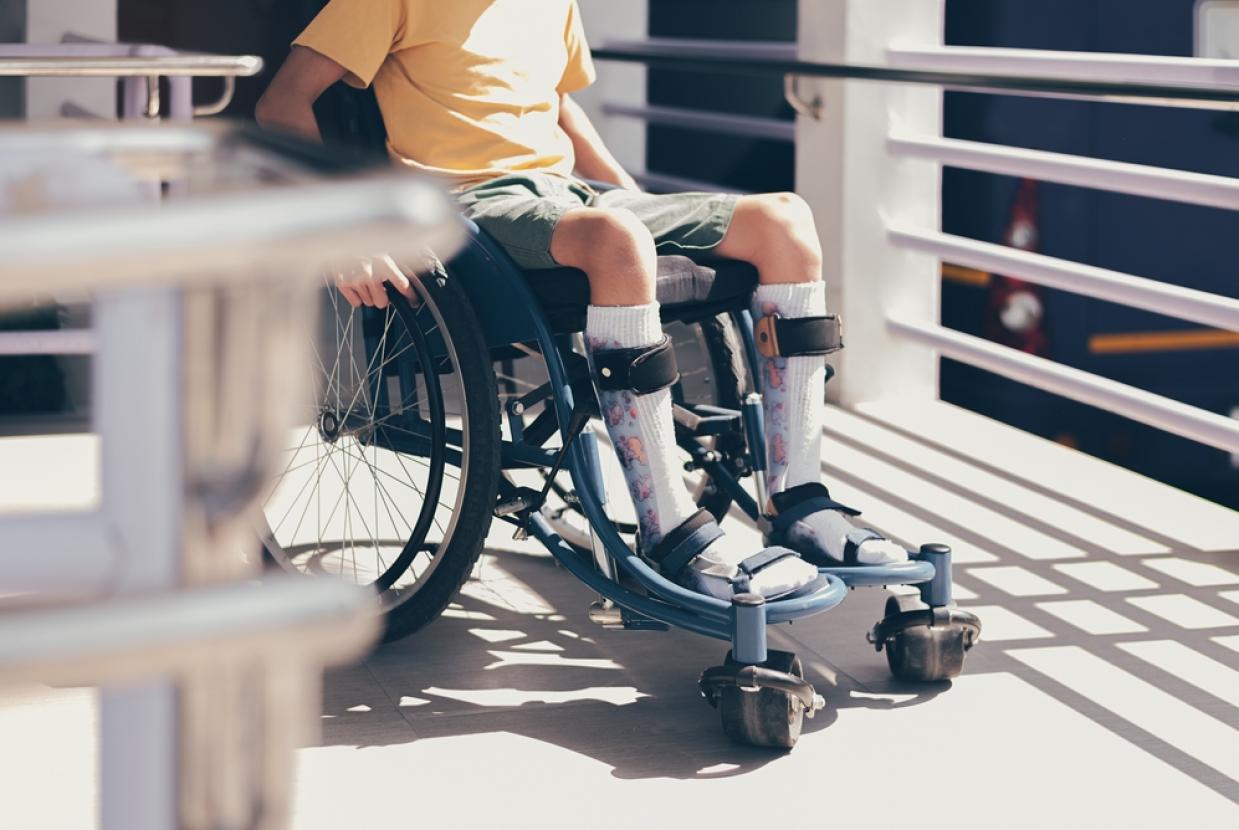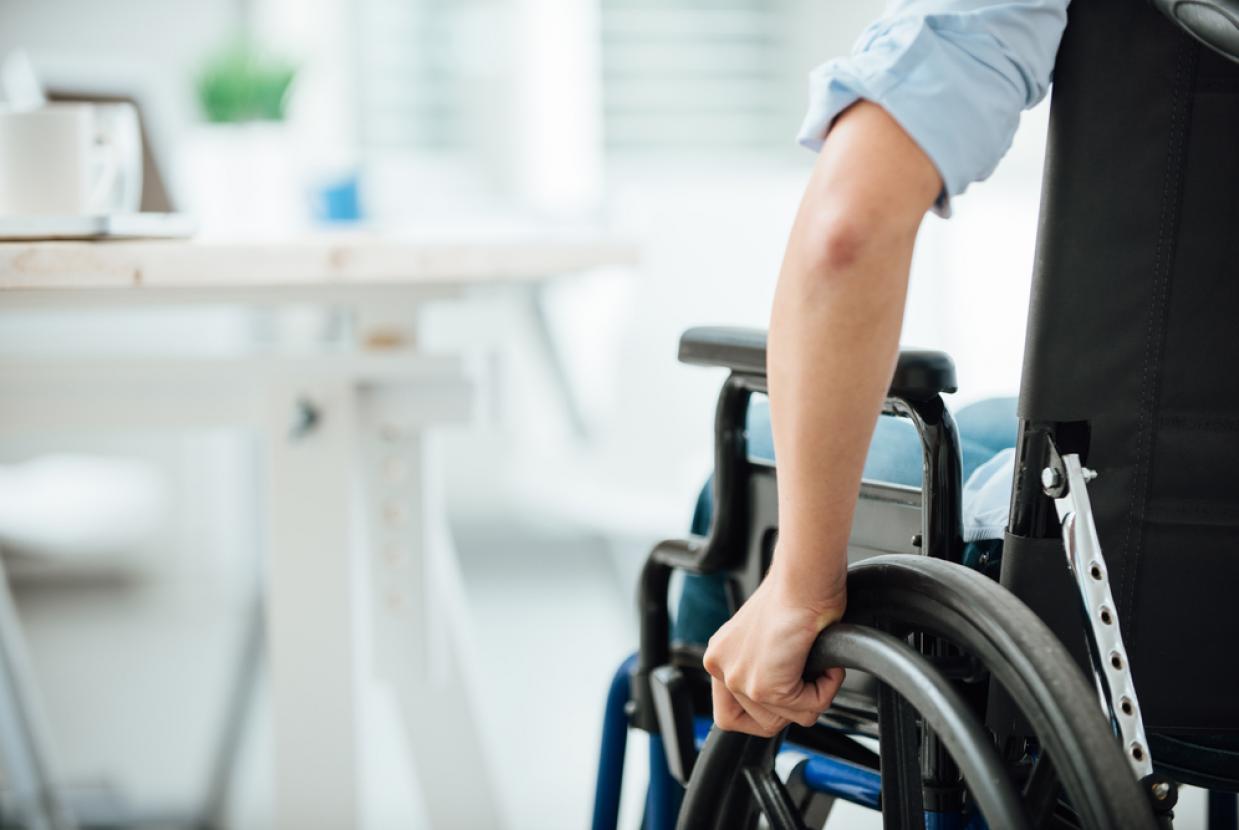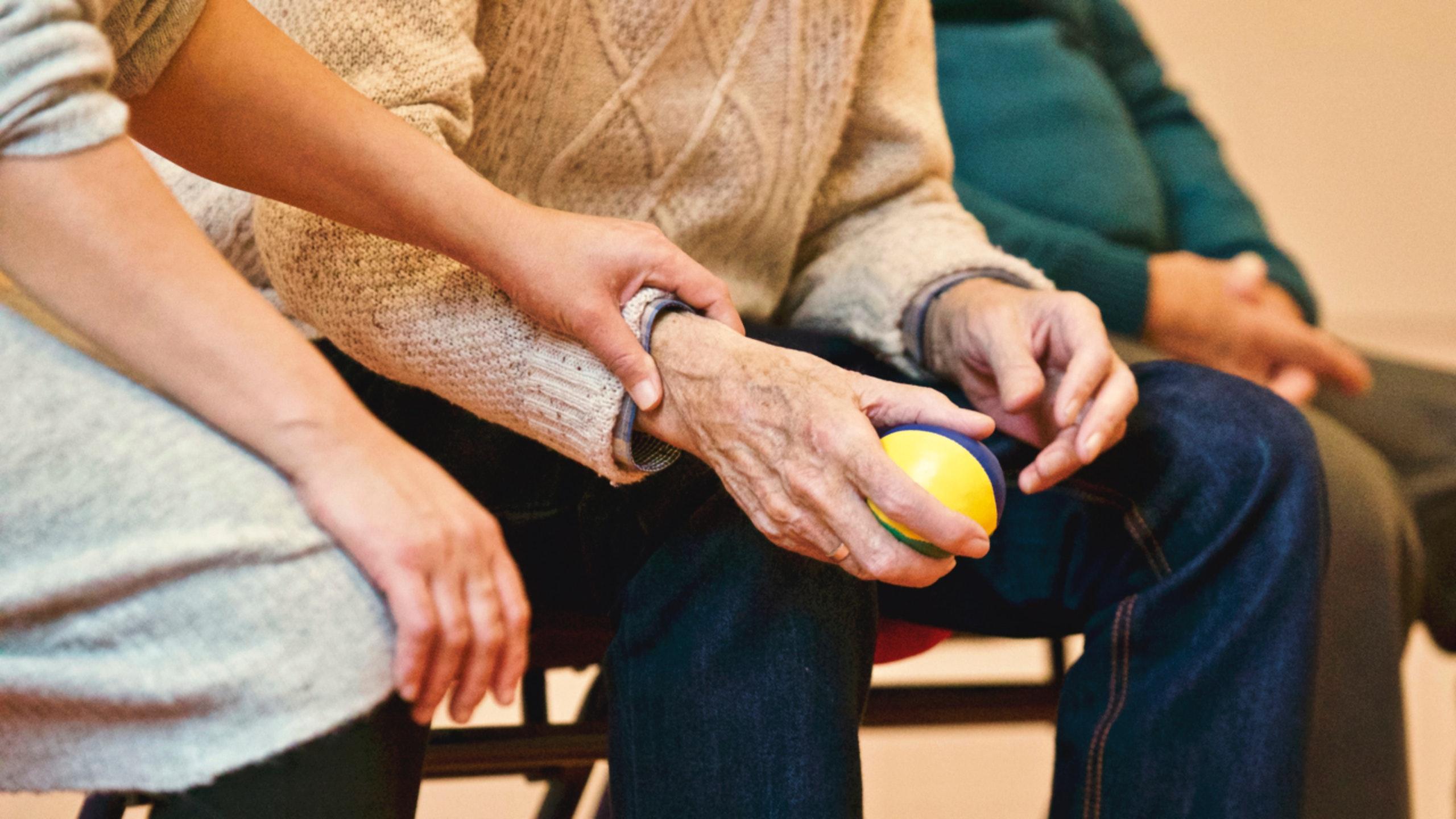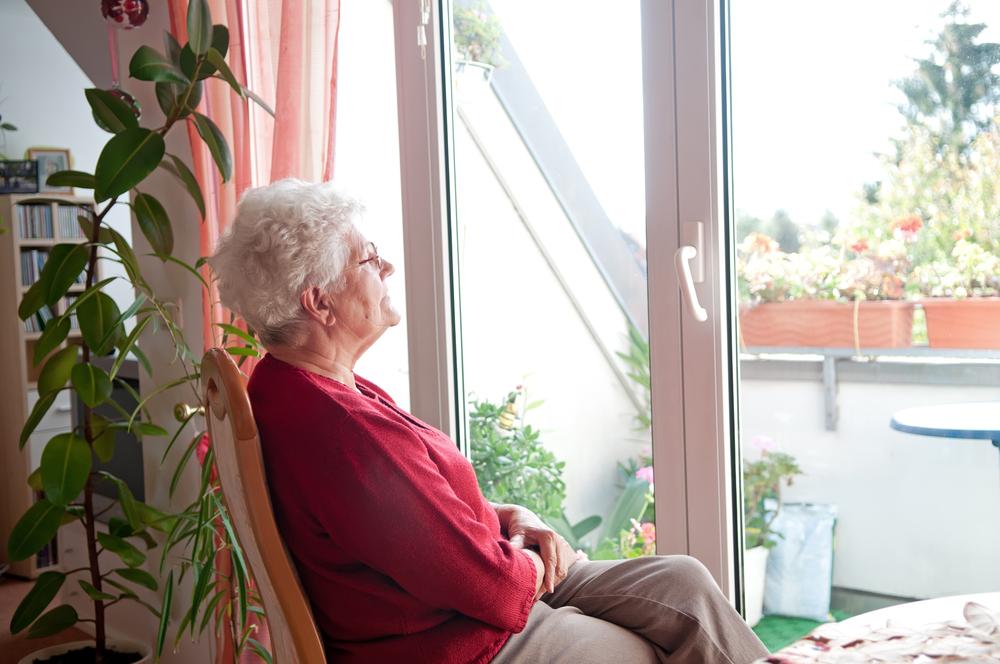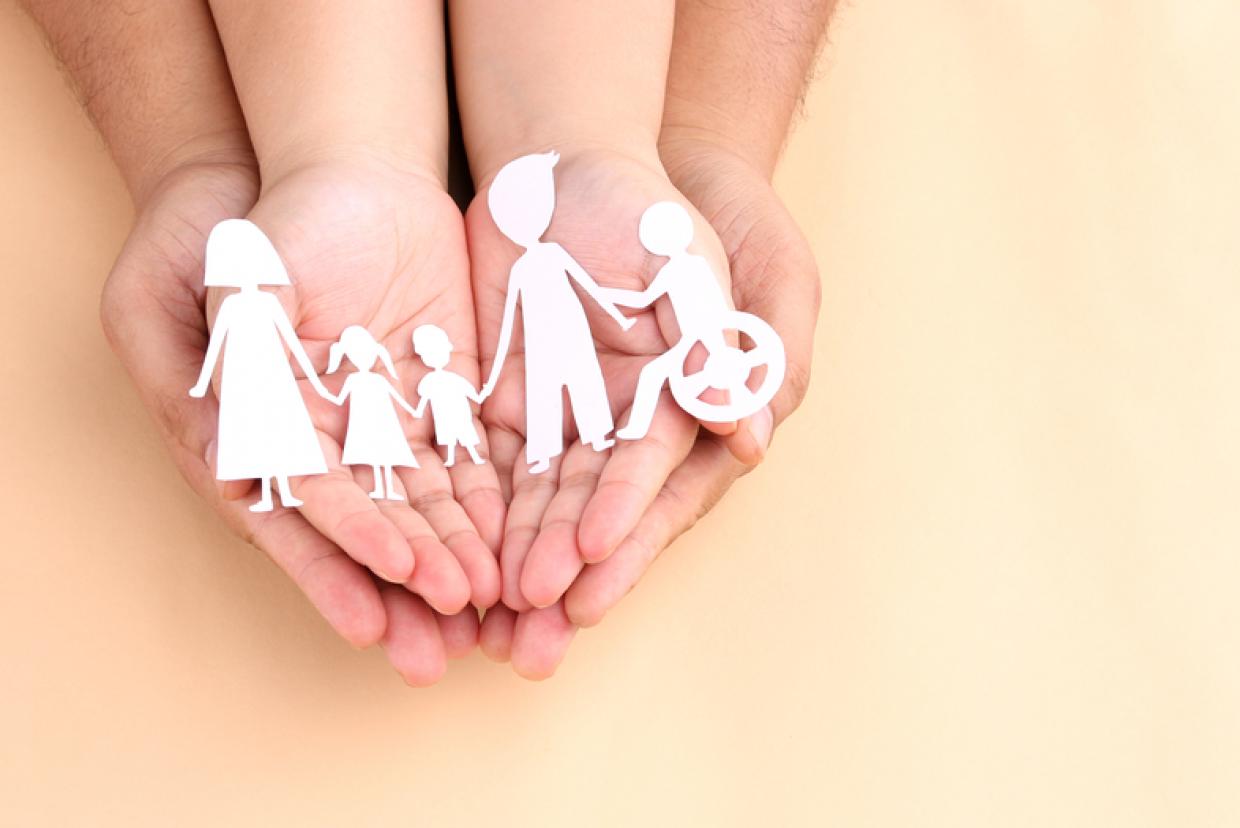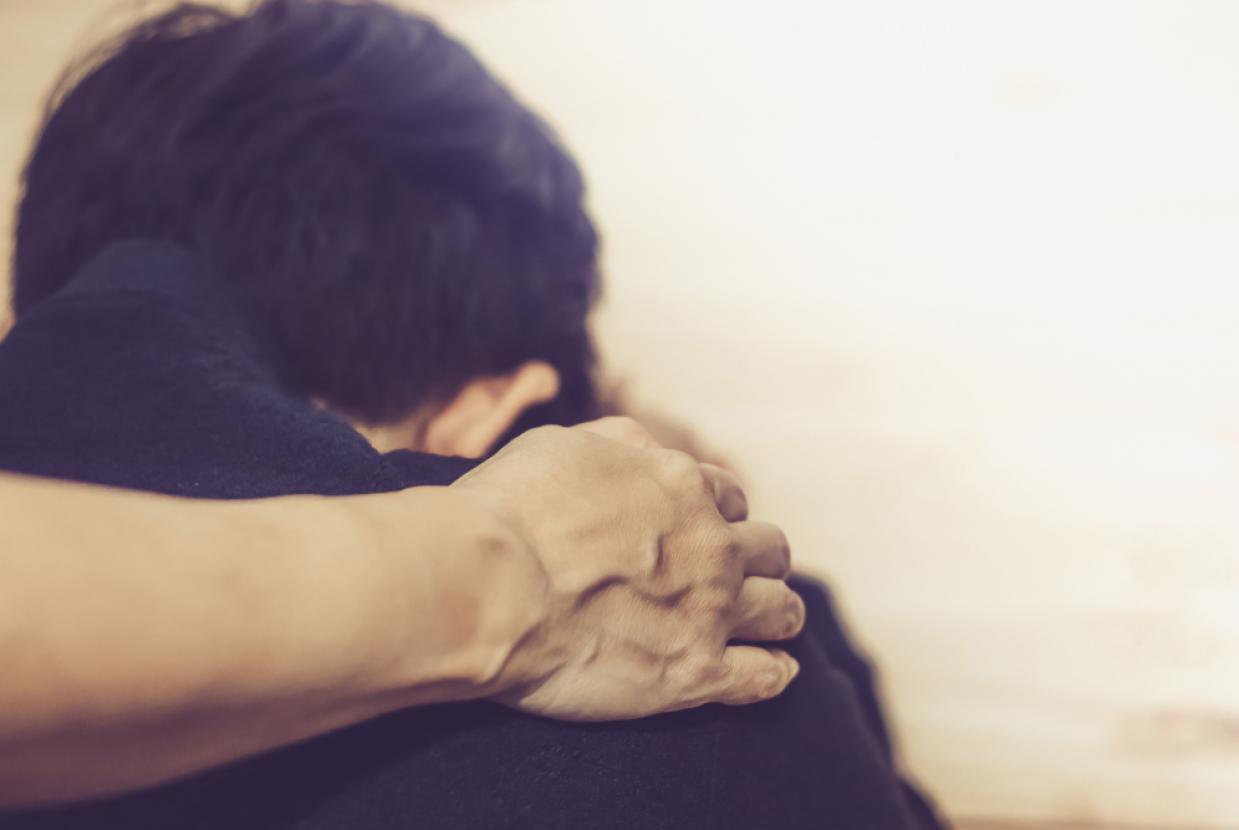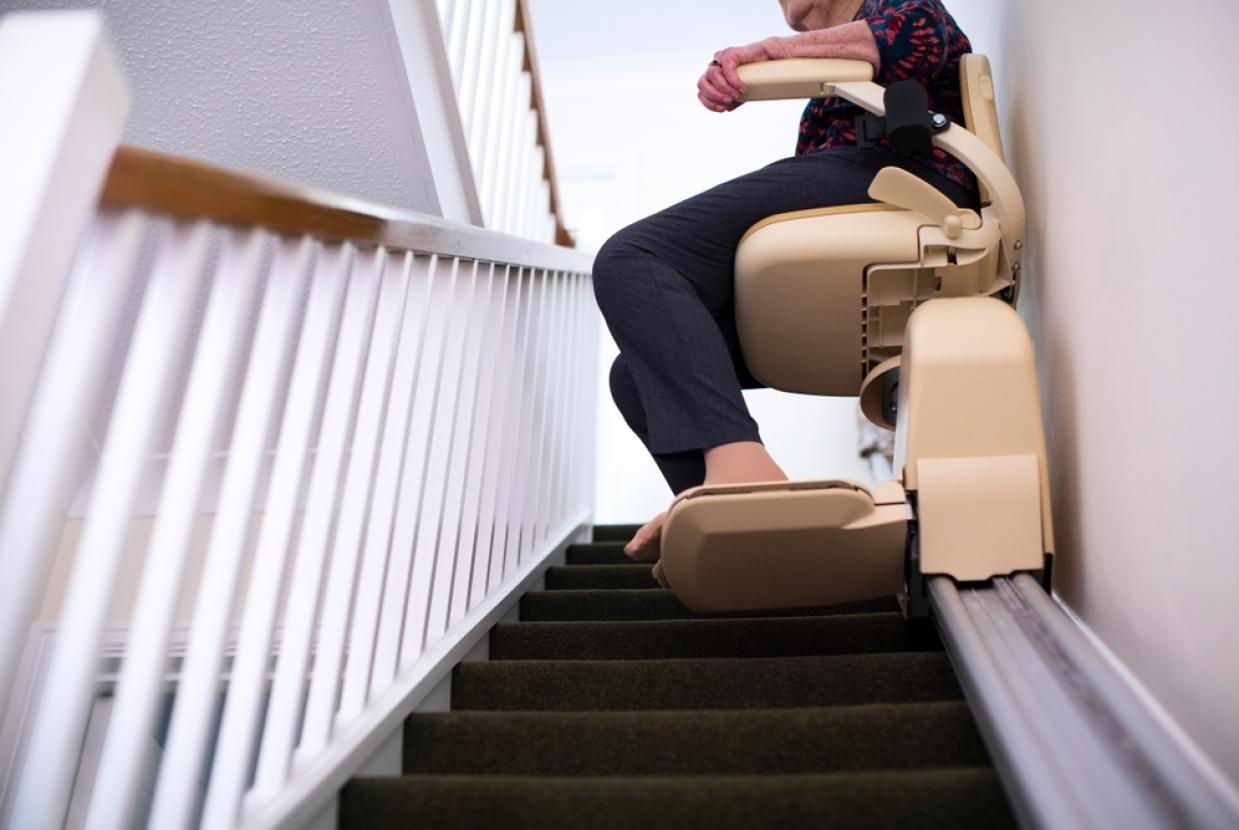Caring For A Child With Complex Needs
If your child has been diagnosed with an illness, disability or sensory impairment and needs a lot of additional support on a daily basis, they're described as having "complex needs". A child might have complex needs from birth, or after an illness or injury.
Support after diagnosis
Although everyone's experience will be different, it can be reassuring to speak to other parents who have children with the same disability or health condition as yours. They're likely to have been through the same emotions and processes.
Many organisations offer advice as well as online forums or message boards for parents:
- the charity Bliss can provide advice and support to families with a baby in special care
- your local council may be able to provide details of parent carers groups in your area – find your local council on GOV.UK
- Carers Direct has advice for parent carers – call on 0300 123 1053 from 9am to 8pm Monday to Friday, and 11am to 4pm at weekends (closed bank holidays), or use the textphone/minicom service on 0300 123 1004
- health charities such as the Down's Syndrome Association can give advice and guidance on your child's specific health condition
- the charity Contact has advice and information for families with disabled children
GP carers register
If your GP's surgery has a carers register, ask to be added. If your GP knows you're a carer, they can keep an eye on your health and you'll have someone to speak to in confidence about how you're feeling. They can also advise on local organisations and carers services that may benefit you and your child now and in the future.
Your child's medical needs
Your child's medical and healthcare needs are the responsibility of your local NHS health services. This includes any medical equipment, such as special beds, bed equipment, hoists, and aids to help with incontinence, mobility or hearing. It's usually provided free.
If your child needs regular healthcare treatment at home, your family may be supported by community children's nurses. They can also help with any treatment you need to carry out for your child, such as giving oxygen or injections.
Your child may receive a continuing care package if they have needs arising from disability, an accident or illness that can't be met by existing universal or specialist services alone.
Children who have a continuing care package have the right to a personal health budget so that their families and carers can have more control over their care.
Daily living with a disabled child
Your local authority is responsible for providing any non-medical care services your child is assessed as needing. This could include equipment for daily living, home care, access to play schemes, and respite care so that you can have a break.
To access services from your local authority, you'll need to ask for your child to have a needs assessment. Your needs, and the rest of your family's, can be considered during your child's assessment. If the assessment doesn't address your needs as a carer, you can ask for your own carer's assessment.
Respite care
Time away from your child can often be beneficial for you both. Being overwhelmed and exhausted by your caring responsibilities can affect your health.
If family and friends can't always step in, respite care may be a possibility. Your GP or social worker will be able to discuss all the options and organise the care. Alternatively, you could pay for respite care privately.
Single parent carers
There are lots of organisations specifically aimed at single parents, including those with disabled children, such as Gingerbread that can provide information and advice.
Local support groups provide the opportunity to talk to other single parents. Some run drop-in centres or offer home visits. Your local group may also publish a newsletter covering activities in your area or providing help with organising respite care.
For more support, call Gingerbread's single parent helpline on 0808 802 0925 or Contact on 0808 808 3555. Single parents of disabled children may be entitled to a range of benefits. Check using GOV.UK's online benefits calculators.
Employment and single parents
If you've worked for your employer for at least 26 weeks, you have the right to ask your employer for a flexible working pattern. This includes changing the time, or number of hours or days you work, or applying for a job share.
Grandparent carers
Grandparents sometimes assume full-time care of their grandchildren. Looking after children can be a physical and financial strain at any age but particularly if you're older.
Lifelong care for a disabled child
It's natural to be concerned about your child's future if they are born with an illness or disability, or diagnosed at an early age. It's worth asking your local authority for an assessment of your child's needs and for your needs as a carer.
The local authority should consider the needs of your whole family, especially if you have other children who may be young carers themselves.
What will happen to my child after I die?
You may want to plan for your child's future and make sure things are in place in case they outlive you. If your child has a physical disability, they might need someone to help them with personal care or transportation.
If your child has learning disabilities, they may require specialist provision such as sheltered housing, care homes or specialist nursing care.
Make a will
Writing a will can help you address the fears you may have about what will happen to your children when you die. You can write a will through a solicitor, or using a will-writing pack or online will-writing services.
You might have family or friends who could care for your child in an emergency, or who would be willing to look after your son or daughter if you die. If this is the case, you may want to make a will explaining your wishes for your child. It's also a good idea to let social services know in advance and to include them in an emergency care plan. If friends and family can't help, speak to social services about the best options for your child.
Written instructions
It will help your child, and those who may need to care for them, if they know exactly what has to be done each day.
Keep a log of the food and drinks your child likes and dislikes, what time they wake up and go to bed, what time they need their medication and so on. Doing this will make life easier for your child and their new carer.
Care plans
A care plan is a good way to ensure that your child will be properly looked after if you fall ill and can't care for them, or if you die.
Even if you have made arrangements for emergencies, it's essential to make an emergency care plan for your child, especially if they have complex needs. This should include your child's details and medical requirements, and the names and numbers of who to contact in case of an emergency.
Your local authority will help you develop an emergency care plan when they carry out an assessment for your child under the Children Act.


